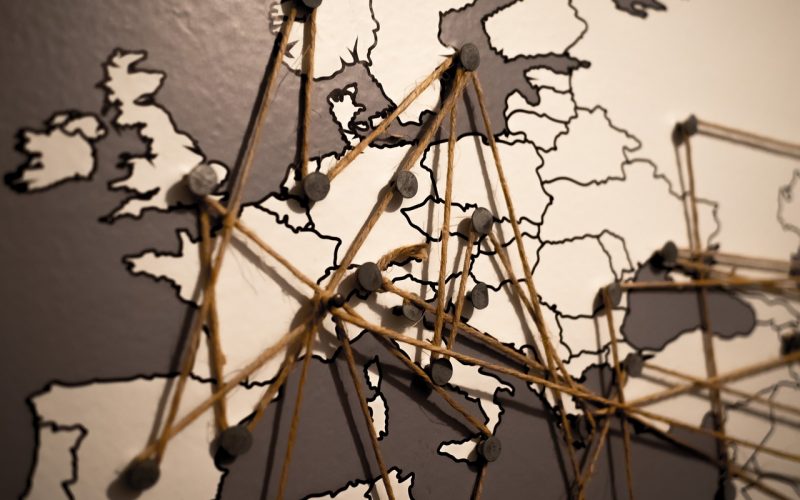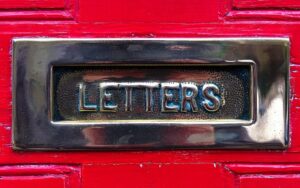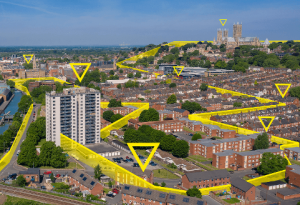Objective
The project was to establish the business case for long-term sustainability of this European Union funded project which aims to harmonise data from all National Mapping organisations across Europe.
Project Description
Cost-benefit analysis based on the gradual availability of products from the countries participation in ELF over a 5 year period was modelled. The adoption rates of the products and services were inferred from interviews, assessment of competition and projections of EuroGeographics revenues. The EuroGeographics team has been trained in the use of the model we provided, so that this can be updated as the ELF proposition becomes more mature.
Approach and Methodology
The project team initially documented the ELF proposition for various markets, outlining the relevant applications, data required that ELF would offer and key potential customers. A proportion of potential customers in each of 10 sectors were then interviewed to establish the likely costs and benefits of ELF data and services to their businesses.
The European Commission preferred approach to cost-benefit analysis of information services in an open data (i.e. non-revenue based business model) was established by study of some of the largest current projects in the geospatial domain, particularly Copernicus (formerly GMES). The value of Information technique pioneered by the economists Macauley and Norhaus and used in these studies was then applied for markets where direct interviews proved ineffective.
Result
The main benefits identified were reducing data discovering costs, data transformation and conflation. The most attractive markets were the European commission itself, land and property and insurance. Recommendations were made of necessary levels of investment and channels to market.





